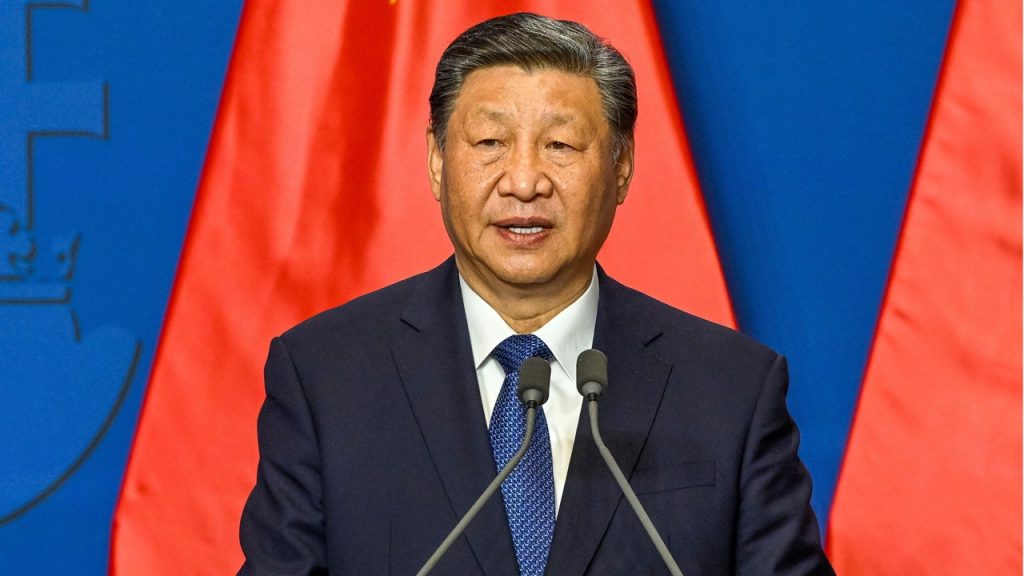Chinese President Xi Jinping concluded a tour of Europe, including stops in France, Serbia, and Hungary, in an effort to solidify China’s economic influence on the continent. Xi’s visit to Hungary included the signing of new agreements on economic and cultural cooperation, with Hungarian Prime Minister Viktor Orbán hailing the development of their “strategic partnership.” Orbán praised the strong friendship between Hungary and China since his tenure began in 2010, and promised to host further Chinese investments in the future.
During his visit to France, Xi met with President Emmanuel Macron to discuss trade disputes and diplomatic efforts related to Ukraine, including lifting tariff threats on Cognac exports. The visit aimed to strengthen ties between China and France, two major economic powers in Europe. Xi then traveled to Serbia, where he signed an agreement with President Aleksandar Vučić to build a “shared future” between the two nations. This move further solidified China’s influence in the region and its commitment to expanding economic cooperation with Serbia.
Xi’s tour of Europe highlighted China’s growing presence and influence on the continent, as well as its willingness to engage in diplomatic dialogues with European leaders. The agreements signed during the visits underscored China’s commitment to deepening economic and cultural ties with European nations, signaling a shift towards stronger partnerships in the region. Xi’s discussions with Macron, Orbán, and Vučić emphasized the importance of cooperation and collaboration between China and European countries in various areas, including trade, investment, and cultural exchanges.
The visit to Hungary marked the end of Xi’s European tour, during which he met with key political leaders to discuss crucial issues such as trade, diplomacy, and cooperation. Orbán’s statement on Twitter regarding the conclusion of Xi’s visit reflected the positive sentiments shared between Hungary and China, as well as their shared commitment to advancing their strategic partnership. The agreements signed during Xi’s visit to Hungary further solidified the economic and cultural cooperation between the two nations, paving the way for future collaborations and investments.
Overall, Xi’s tour of Europe showcased China’s increasing influence on the continent and its efforts to strengthen ties with key European nations. The agreements signed during the visits demonstrated China’s commitment to expanding economic partnerships and cultural exchanges with European countries, as well as its willingness to engage in diplomatic dialogues on important issues. Xi’s discussions with Macron, Orbán, and Vučić emphasized the importance of cooperation and collaboration in various areas, highlighting China’s role as a key player in shaping the future of Europe and promoting global economic growth.













